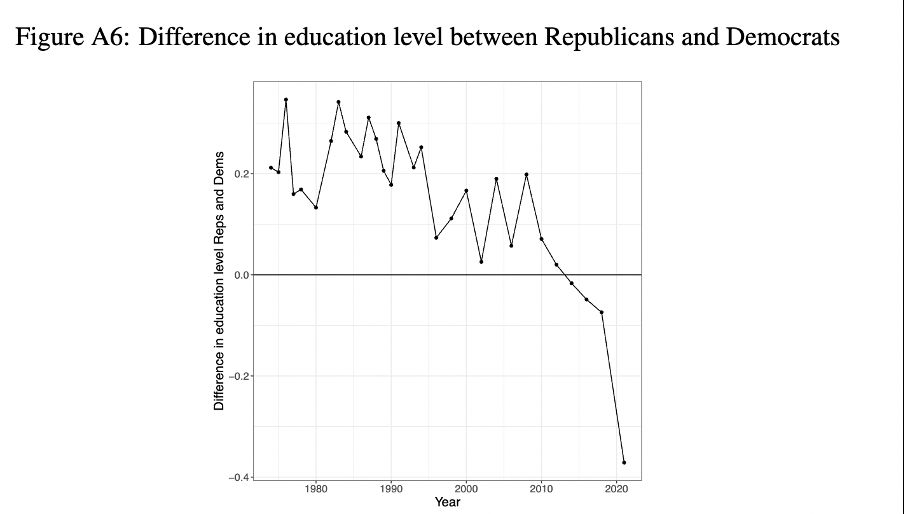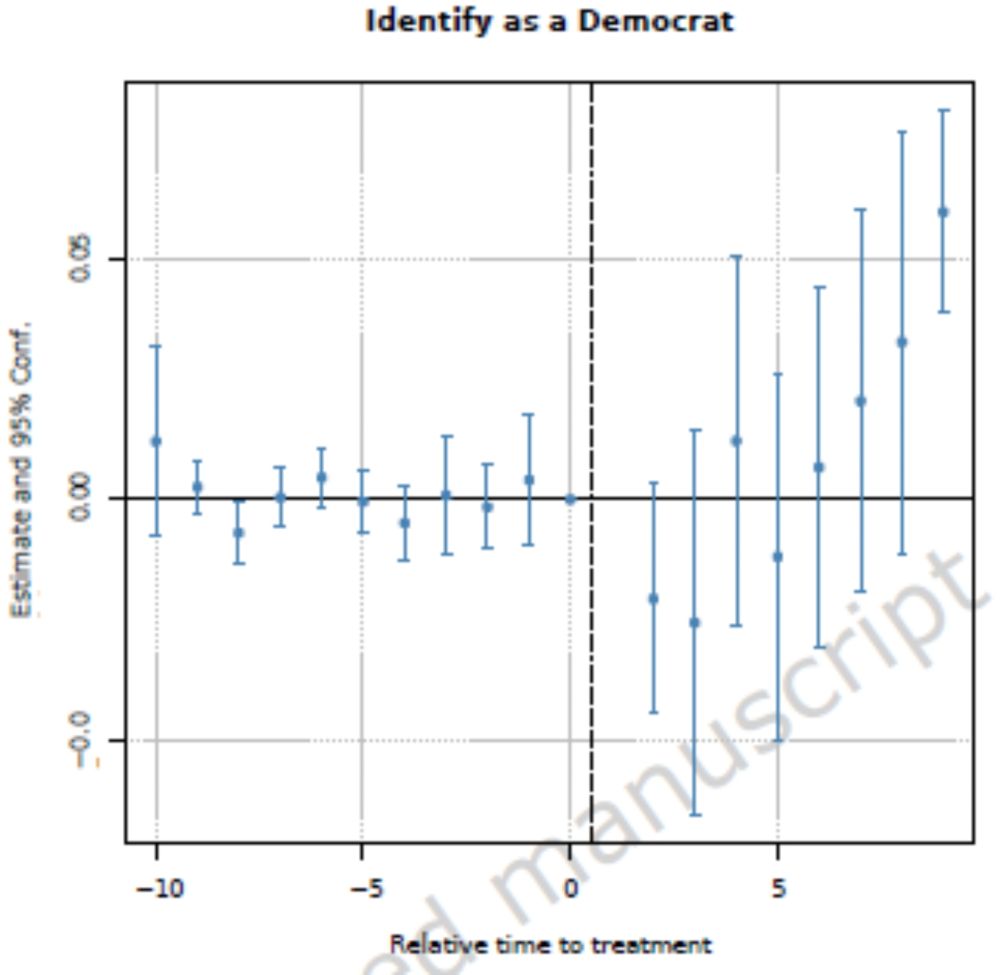
And see the coverage by @kingscollegelondon.bsky.social:t.co/N4kE3L0mXl
And see the coverage by @kingscollegelondon.bsky.social:t.co/N4kE3L0mXl
Well-designed, work-neutral disability benefits do not reduce labor market participation.
The small positive effects under strict assessors likely reflect filtering out strategic claims, not large behavioral responses.
Well-designed, work-neutral disability benefits do not reduce labor market participation.
The small positive effects under strict assessors likely reflect filtering out strategic claims, not large behavioral responses.
•Expanding access (mental health) → no reduction in employment, if anything small positive effects
•Restricting access (minor physical disabilities) → no gains in employment
•Stricter assessors → small but significant ↑ in employment
•Expanding access (mental health) → no reduction in employment, if anything small positive effects
•Restricting access (minor physical disabilities) → no gains in employment
•Stricter assessors → small but significant ↑ in employment
•Mental health conditions (gained eligibility)
•Minor physical disabilities (lost eligibility)
•Regions with stricter vs lenient assessors
•Mental health conditions (gained eligibility)
•Minor physical disabilities (lost eligibility)
•Regions with stricter vs lenient assessors



